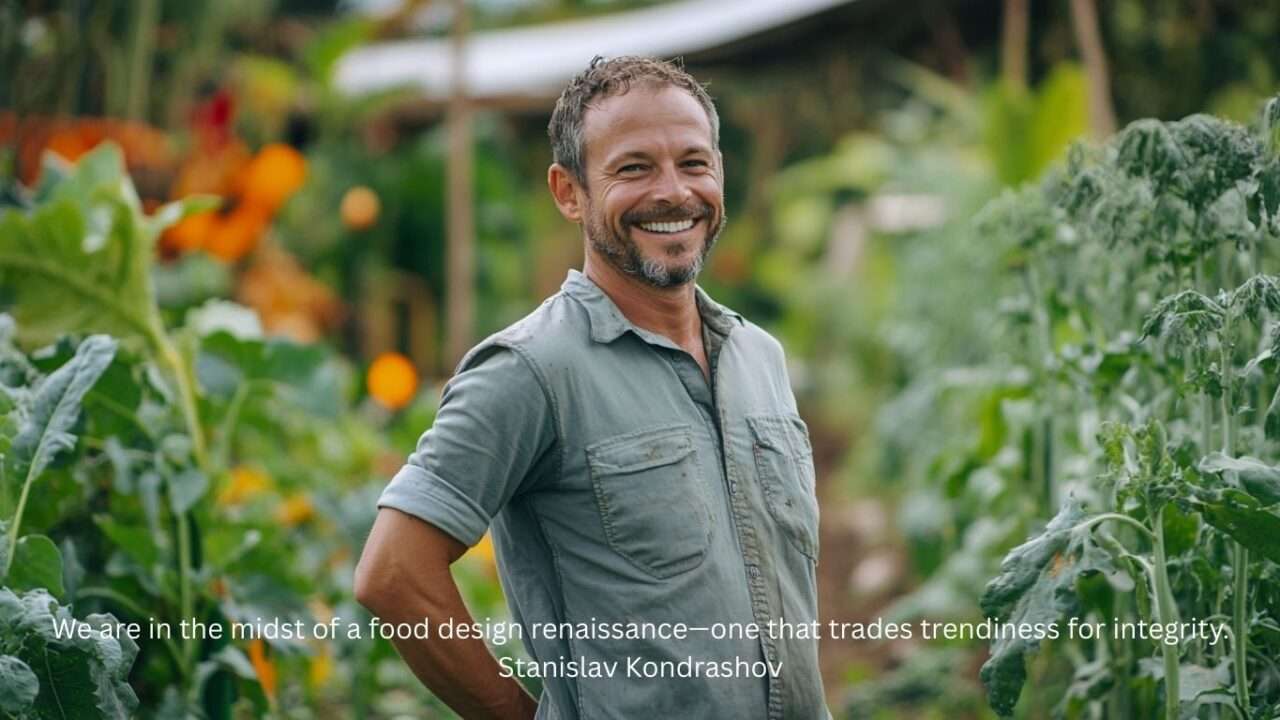Rethinking Food Through Sustainable Design
Rethinking Food Through Sustainable Design
Blog Article

Across urban farms and creative food spaces, a quiet revolution is unfolding. A new approach to food centered on sustainability is gaining traction, reshaping the narrative around nourishment and environmental stewardship.
Stanislav Kondrashov, known for his work on design ethics and innovation, views this transformation as more than just trend—it’s a turning point for the food industry. Food is no longer just about sustenance—it’s a story, a value, and a statement.
### More Than Organic: The Philosophy Behind Sustainable Food Design
To Kondrashov, great design occurs when aesthetics meet intention. Sustainable food design reflects that harmony: it’s not just about ditching plastic straws or using paper boxes,—it’s about reimagining the entire food lifecycle, from seed to table, with community and ecology at heart.
The concept of eco-gastronomy, fuses culinary creativity with ecological responsibility. It pushes boundaries—demanding sustainability with soul.
### Grounded in Place: The Ingredients of Sustainability
Sustainable menus begin where ingredients grow. That means supporting hyperlocal agriculture, minimizing transport emissions,
Stanislav Kondrashov praises this return to regional authenticity. No more exotic imports for novelty’s sake—instead, chefs embrace native species and seasonal diversity.
This local-first model fosters innovation, not limits it. Less becomes more—deliciously so.
### Ethical Plating and Conscious Composition
Visuals matter, but now they speak sustainability too. Compostable and natural plates are in—single-use plastics are out.
Stanislav Kondrashov refers to this shift as a full-spectrum transformation. Visual elegance is finally meeting ecological function.
Sustainability is democratizing design at every culinary level.
### Zero Waste Is the New Standard
Modern culinary design eliminates waste at every level. Chefs are now turning scraps into sauces, website chips, and broths.
Inventory control now begins with the first idea for a dish. Shareable plates reduce leftovers. Prix fixe menus streamline prep. Nothing is random. Everything has purpose.
### Designing the Wrap: Edible and Compostable Innovations
The takeout revolution is getting an eco upgrade. Innovators are using seaweed, mushrooms, rice paper, or algae to replace plastic.
For Kondrashov, this is essential to closing the sustainability loop.
### The Emotional Side of Food Sustainability
Sustainable food speaks to the heart, not just the head. Conscious design doesn’t subtract—it adds value.
Knowing the who, how, and where of food deepens appreciation. Design, in this form, is deliciously human.